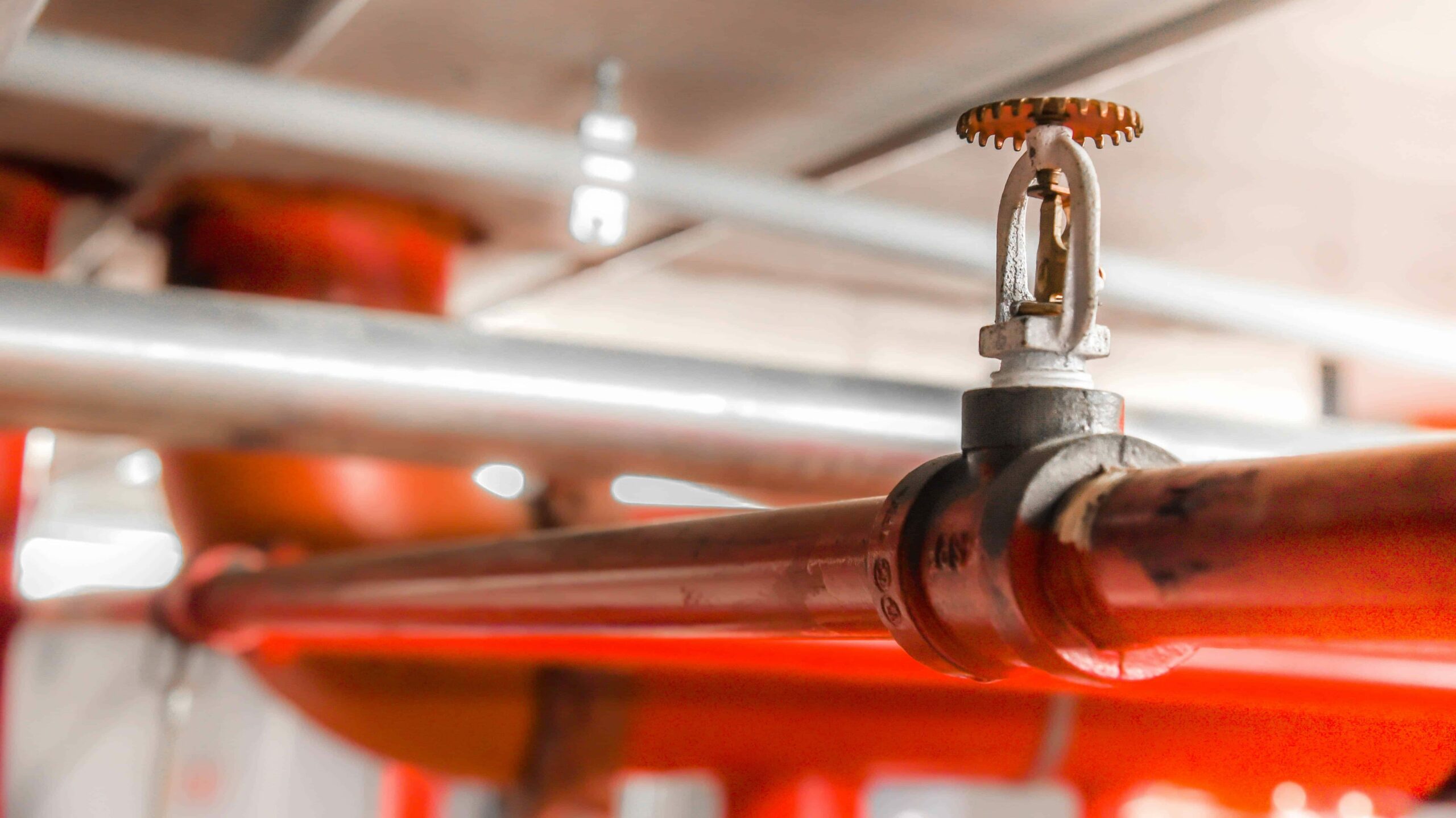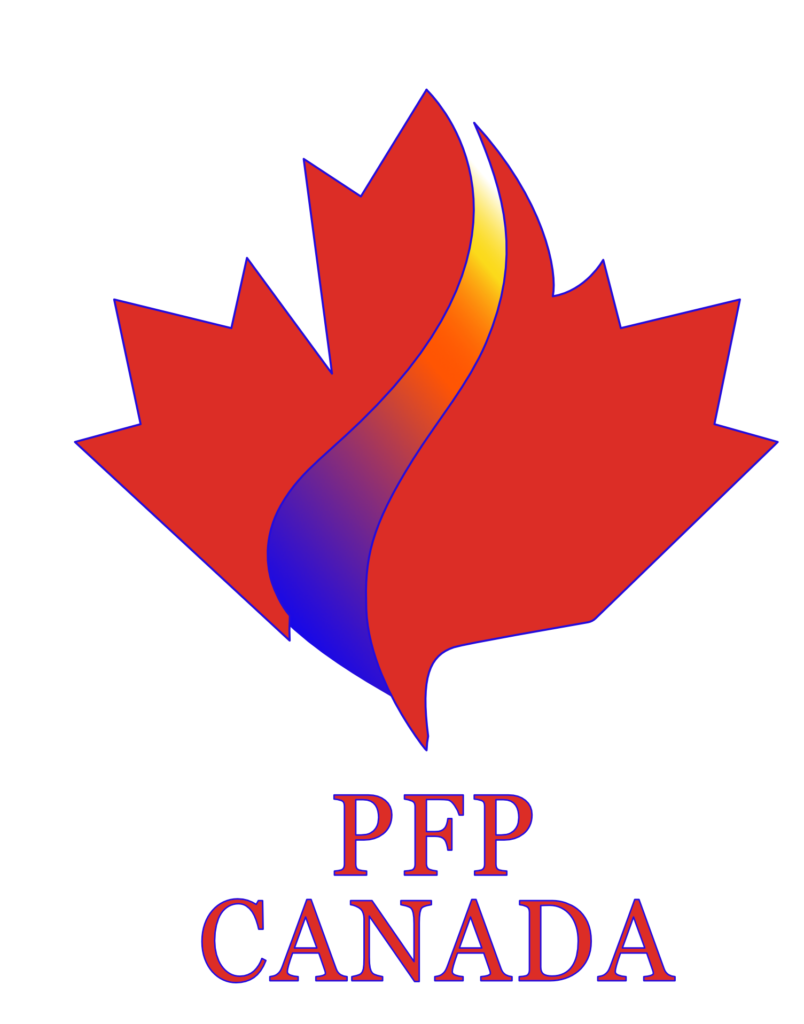In the realm of fire safety, few measures are as critical as fire sprinkler systems. These ingenious devices have been saving lives and protecting property for over a century. However, their effectiveness hinges on regular inspections and maintenance. In this blog post, we delve into the significance of fire sprinkler inspections, exploring their role in safeguarding lives, property, and ensuring compliance with safety regulations.

The Basics of Fire Sprinkler Systems:
Before delving into inspections, it’s crucial to understand the basics of fire sprinkler systems. These systems consist of a network of pipes, sprinkler heads, and control valves strategically placed throughout a building. The sprinkler heads are designed to activate when exposed to extreme heat, releasing water to suppress or extinguish a fire. This proactive approach can significantly minimize fire damage and, more importantly, protect occupants.
The Importance of Regular Inspections:
- Reliability and Functionality: Fire sprinkler inspections are vital to ensuring the system’s reliability and functionality. Over time, components may wear out or become damaged, compromising the system’s effectiveness. Routine inspections can identify these issues before they escalate, guaranteeing that the system is always ready to respond in the event of a fire.
- Compliance with Regulations: Fire codes and regulations mandate regular inspections of fire sprinkler systems. Compliance with these standards is not only a legal requirement but also a moral obligation to safeguard the well-being of those within the premises. Neglecting inspections may lead to fines, legal repercussions, and, more critically, increased risks during a fire emergency.
- Early Detection of Issues: Regular inspections enable early detection of potential issues, allowing for prompt repairs or replacements. Whether it’s a corroded pipe, a malfunctioning control valve, or a damaged sprinkler head, addressing problems promptly ensures that the system remains in top-notch condition.
- Lifespan Extension: Fire sprinkler systems, like any mechanical system, have a finite lifespan. Regular inspections, coupled with timely maintenance, can extend the life of the system. This not only protects the investment made in the system but also contributes to long-term safety and peace of mind.
- Enhanced Performance: Inspections go beyond merely ensuring the system’s basic functionality. They also provide an opportunity to optimize the performance of the fire sprinkler system. Adjusting sprinkler head positions, checking water pressure, and updating components as needed can enhance the system’s overall effectiveness.
Conclusion:
Fire sprinkler systems are a cornerstone of fire safety, offering a proactive and effective means of protection. However, their reliability hinges on regular inspections and maintenance. Investing in routine inspections not only ensures compliance with regulations but also contributes to the safety and well-being of occupants. By prioritizing the health of fire sprinkler systems, we can build safer environments, mitigate risks, and uphold the fundamental duty of protecting lives and property from the destructive force of fire. Not sure when your last inspection was? Visit us to find out if your business meets fire codes and regulation requirments https://www.pfpcanada.com/services/
